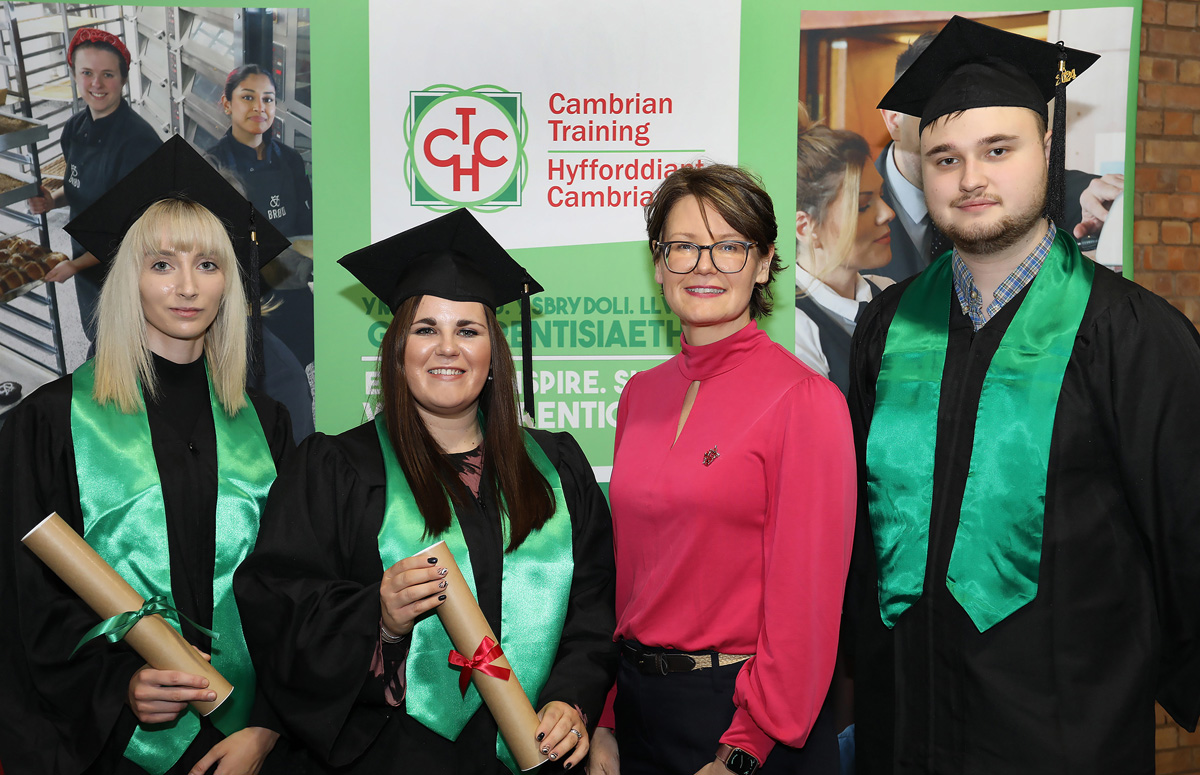How to be a Good Parent Educator

Lee Elliot Major, Professor of Social Mobility at Exeter University and author of The Good Parent Educator, explores attitudes towards parenting and insights into a new YouGov parent survey on how parents view their children’s education
What type of parent are you when it comes to education? It’s a question I ask in my new book the Good Parent Educator. Like a family of the animal kingdom, parents have been classified into different species. Helicopter parents, for example, hover over every move their son or daughter makes. Tiger parents adopt a strict, disciplinarian approach to child-rearing. Sharp-elbowed warriors meanwhile stop at nothing in the fierce battles over school admissions.
Psychologists have their own classifications. Authoritative parents encourage children to be responsible for their actions and to think for themselves. Authoritarian parents threaten to punish their children if their orders aren’t obeyed. Permissive parents are warm and supportive, but reluctant to enforce any rules at home. Uninvolved parents don’t do much at all.
The American sociologist Annette Lareau observed what she termed as ‘concerted cultivation’ among middle-class families. In contrast, working-class parents practised ‘natural growth parenting’.
In truth most parents are a combination of styles, a blend of authoritarianism and authoritativeness, part tiger, part permissive parent. Inclinations depend on the time, place and what mood you’re in.
But what emerges from our survey carried out with the campaign group Sept for Schools for the launch of the book, are two distinct attitudes towards education among parents. One set seem increasingly engaged with their children’s learning; another set on the other hand appear unconvinced that their children need more schooling.
Six in ten (57%) of parents in London for example say they spend more time on education activities with their children than their own parents did. This compares with only 36% of parents in the North East of England, 32% in Scotland, and 30% in Wales.
Views are also polarised when it comes to education recovery following the pandemic. Two fifths (40%) say they will spending more hours on education time with children to recover from Covid school closures. Yet two fifths (43%) say they will spend no extra time and believe that their children do not need to make up for any missed education.
Attitudes appear to differ by social class. The results of our survey, of around 800 parents from across the country, categorise respondents in terms of the commonly used social grades C2DE and ABC1. While not strictly social class strategies, these can be given the broad titles ‘working class’ and ‘middle class’.
Middle class parents are more likely than working class parents to ask teachers for information regarding their children’s education (61% versus 46%). They are also more likely to attend open evenings (38% vs 24%), look at Ofsted inspection reports (41% vs 24%) and scrutinise the latest data on pupil progress (19% vs 8%).
Meanwhile 6% of middle class parents of 16 to 18 year olds say they do not help their children with choosing a university; whereas this is the case for 13% of working class parents.
The Good Parent Educator offers advice for both education addicts and skeptics alike. It opens up the ‘black box’ of education, providing hundreds of tips to help children’s learning. Excessive parenting may do more harm than good; but we also must fight for our children’s corner when needed.
The aim is to support our children’s learning in a healthy and balanced way.
In the kingdom of parents, how would you spot the good parent educator?
They can confidently challenge schools over their children’s learning. This is less helicopter parenting, more helicopter learning: enabling children to take ownership and find the bird’s-eye view of their own learning. They are not so much sharp-elbowed, as even-handed. They know and love their children for who they are, not what they want them to be.
The Good Parent Educator: What every parent should know about their children’s education by Lee Elliot Major, is published by John Catt Educational.











Responses